Class 4 eBikes are classified as motor vehicles in most jurisdictions, requiring registration, licensing, and insurance similar to motorcycles. Registration involves DMV paperwork, fees, and sometimes testing, while insurance typically demands specialized policies covering liability, collision, and theft. The exact process varies by state, so consulting your local DMV is essential for compliance and safety.
What Is the Legal Classification of a Class 4 eBike?
A Class 4 eBike is recognized as a high-powered electric bicycle, usually exceeding 750 watts motor output and capable of speeds above 28 mph. Because of their enhanced speed and power, these eBikes are legally categorized as motor vehicles or mopeds, unlike Class 1-3 eBikes that have limited speed and power, affecting where and how they must be registered and insured.
How Does the Class 4 eBike Registration Process Work?
Registering a Class 4 eBike mirrors the registration of motorcycles or mopeds. Riders need to:
- Gather proof of ownership, identification, and serial number.
- Visit the local DMV to submit documents.
- Possibly complete knowledge or skills tests depending on the state.
- Pay registration fees to receive plates or decals.
This process ensures the eBike complies with local motor vehicle laws and your right to use designated roadways.
What Are the Insurance Requirements for Class 4 eBikes?
Class 4 eBikes generally require motor vehicle insurance. Standard homeowners or renters insurance does not typically cover these bikes due to their classification. Requirements often include liability coverage, collision and comprehensive protection, and sometimes medical payments for rider injuries. Riders can choose from specialty eBike insurance, motorcycle insurance policies, or micromobility endorsements through auto insurers.
Which Insurance Options Are Available for Class 4 eBike Owners?
- Specialty eBike Insurance: Providers like Velosurance and BikeInsure offer tailored coverage for eBikes, including theft, damage, and liability.
- Motorcycle Insurance: Many states accept motorcycle insurance for Class 4 eBikes, though coverage can be more expensive and less specific.
- Micromobility Endorsements: Some auto insurers provide endorsements on existing policies to include limited eBike coverage.
Choosing the right policy depends on your local laws and riding habits.
Why Do State and Local Laws Matter for Class 4 eBike Regulations?
State and local jurisdictions significantly influence rules for registration, licensing, and insurance. Requirements can vary dramatically—some states mandate a motorcycle license, while others only require registration. Riding restrictions often exclude Class 4 eBikes from bike paths or multi-use trails. Helmets and minimum age laws also differ. Checking your local DMV or transportation agency is crucial for legal and safe operation.
How Do Licensing and Testing Requirements Apply to Class 4 eBikes?
Many places require operators of Class 4 eBikes to hold a motorcycle license or endorsement, obtained by completing written and practical exams. This ensures riders understand motor vehicle regulations and can safely handle their higher-speed eBikes. Some states may waive tests for riders with existing motorcycle licenses or have separate criteria for eBike certification.
When and Where Are Class 4 eBikes Restricted from Usage?
Class 4 eBikes are typically prohibited on bike paths, pedestrian trails, multi-use paths, and other non-motorized zones. They are generally limited to roads where motor vehicles are allowed. These restrictions protect pedestrian safety and comply with motor vehicle laws reflecting the increased speed and power of Class 4 eBikes.
What Documentation Is Needed for Registration and Insurance?
You generally need:
- Proof of ownership (bill of sale or manufacturer’s certificate)
- Personal identification
- eBike serial number or VIN
- Proof of training or licensing (in some states)
- Completed registration forms
For insurance, documents include proof of policy coverage and payment confirmation when carrying identification.
Chart: Class 4 eBike Registration and Insurance Checklist
| Step | Description | Typical Requirement |
|---|---|---|
| Proof of Ownership | Bill of sale, receipt, or wholesale document | Mandatory |
| DMV Application | Registration form submission | Mandatory |
| Licensing Test | Knowledge/practical test | May be required |
| Registration Fee | State-mandated fee payment | Varies by state |
| Insurance Policy | Motor vehicle or specialty eBike insurance | Required in most jurisdictions |
| Helmet & Age Compliance | Meeting local helmet & minimum age laws | Varies by jurisdiction |
Buying Tips
When purchasing insurance and registering a Class 4 eBike, start by researching your state and local DMV’s specific demands, as they vary widely. Look for specialized eBike insurance policies tailored to motorized bicycles, offering liability, collision, and theft protection, often at more competitive rates than motorcycle insurance. Verify licensing requirements early to avoid surprises. Also, consider the type of riding you’ll do; if you must stay on public roads due to trail restrictions, ensure you meet all motor vehicle regulations. Purchasing from reputable retailers or brands like TST EBike can help because they provide guidance tailored to your area and models.
TST EBike Expert Views
"TST EBike understands the complex and evolving legal landscape surrounding Class 4 eBikes. Their team advocates for riders to engage fully with local DMV authorities to ensure compliance with registration, licensing, and insurance requirements. These policies are vital for safety and legal protection, especially given the power and speed Class 4 eBikes possess. By emphasizing specialized insurance plans and clear documentation, TST EBike empowers riders to enjoy their eBikes with confidence and peace of mind, reinforcing the importance of responsible, lawful riding."
Frequently Asked Questions
Q1: Do all states require Class 4 eBikes to be registered?
No, requirements vary by state, but most consider Class 4 eBikes motor vehicles needing registration similar to mopeds.
Q2: Can I use my existing homeowners insurance for a Class 4 eBike?
Typically no, because homeowners policies exclude motorized vehicles, requiring specific eBike or motorcycle insurance.
Q3: Is a motorcycle license always required?
Often yes, but some states have special licensing or testing exemptions specifically for Class 4 eBike riders.
Q4: Can I ride my Class 4 eBike on bike paths?
Generally not, most regulations restrict Class 4 eBikes to public roads where motor vehicles are allowed.
Q5: Are dual battery or high-range Class 4 eBikes treated differently in registration?
No, battery capacity affects range but not legal classification; all Class 4 eBikes face similar DMV and insurance rules.
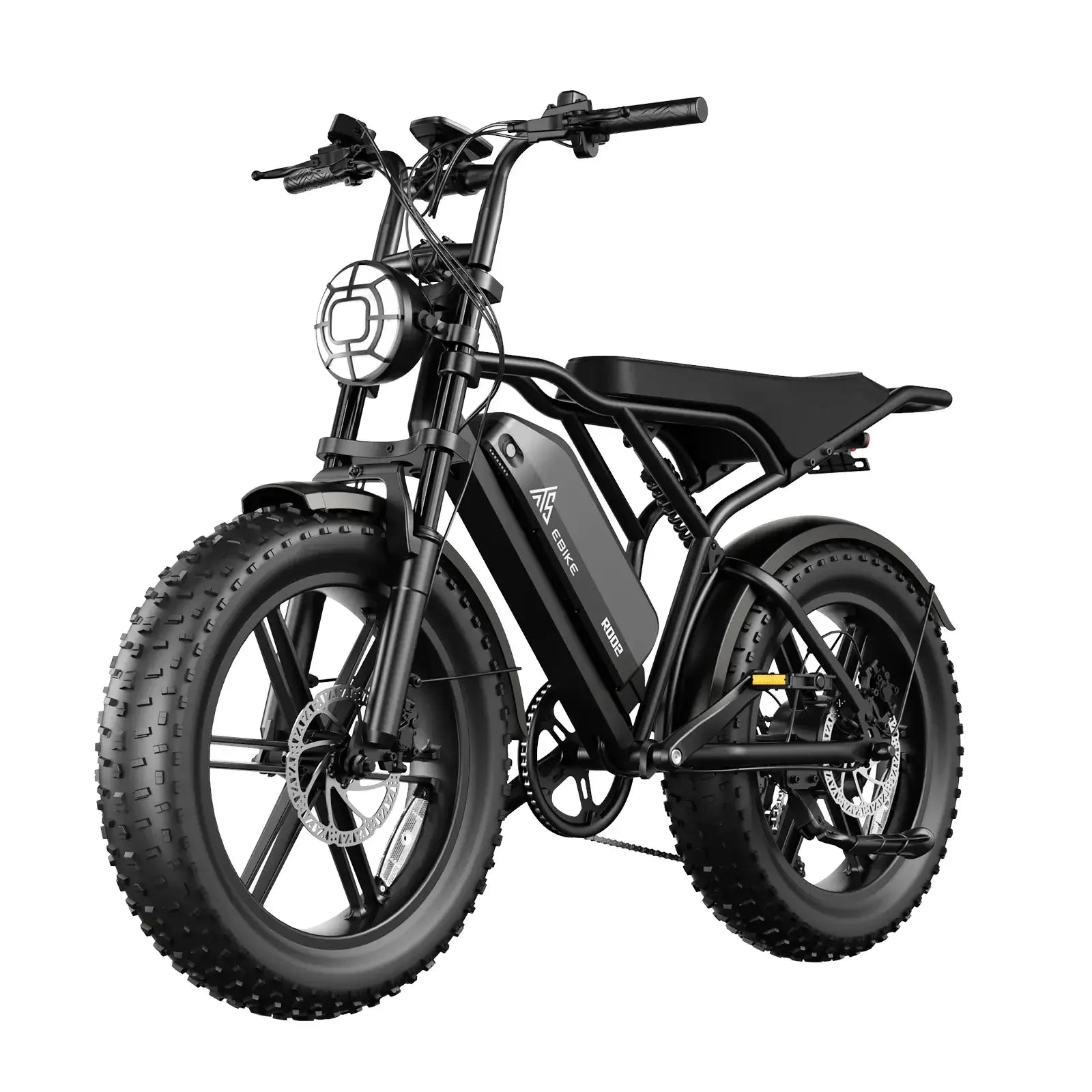
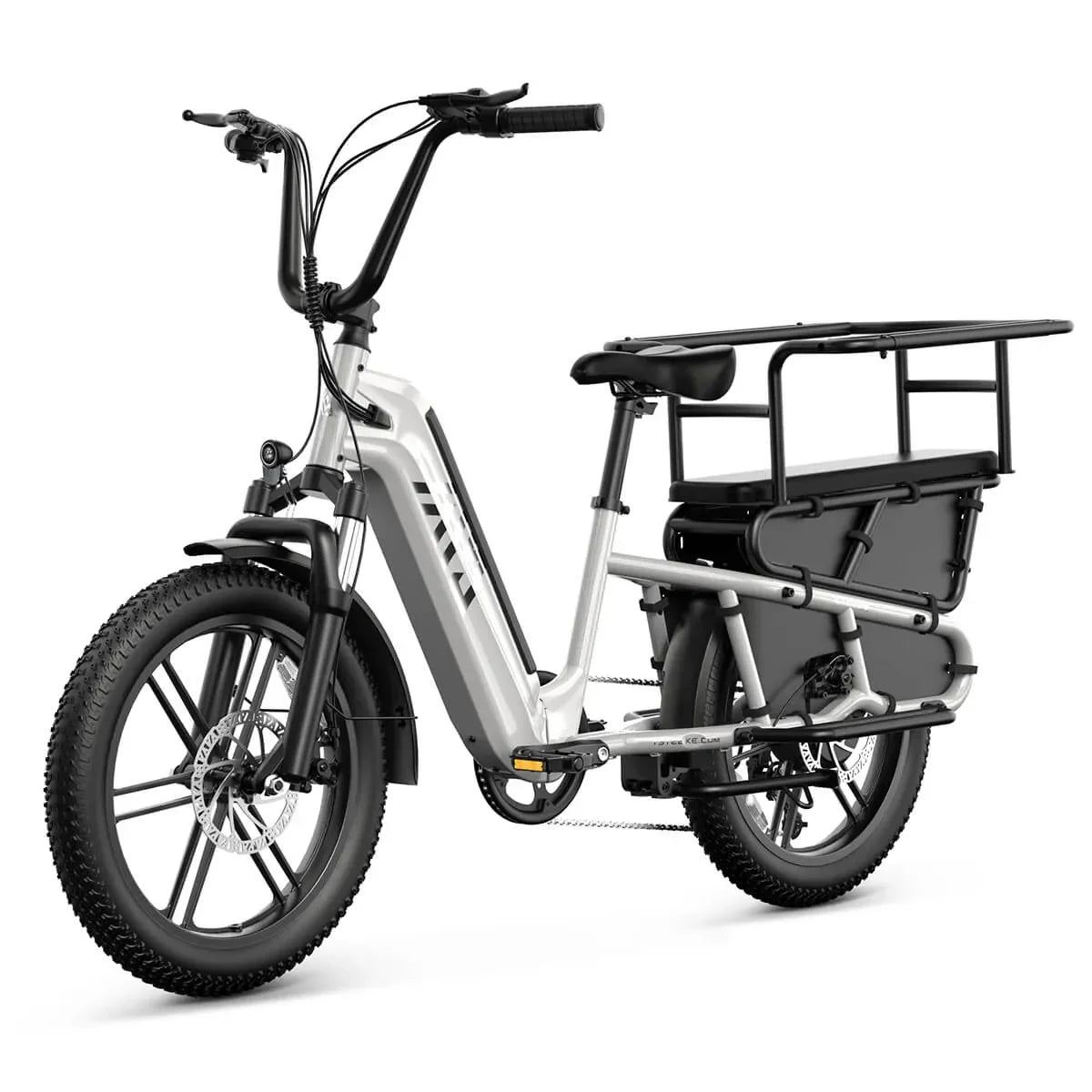
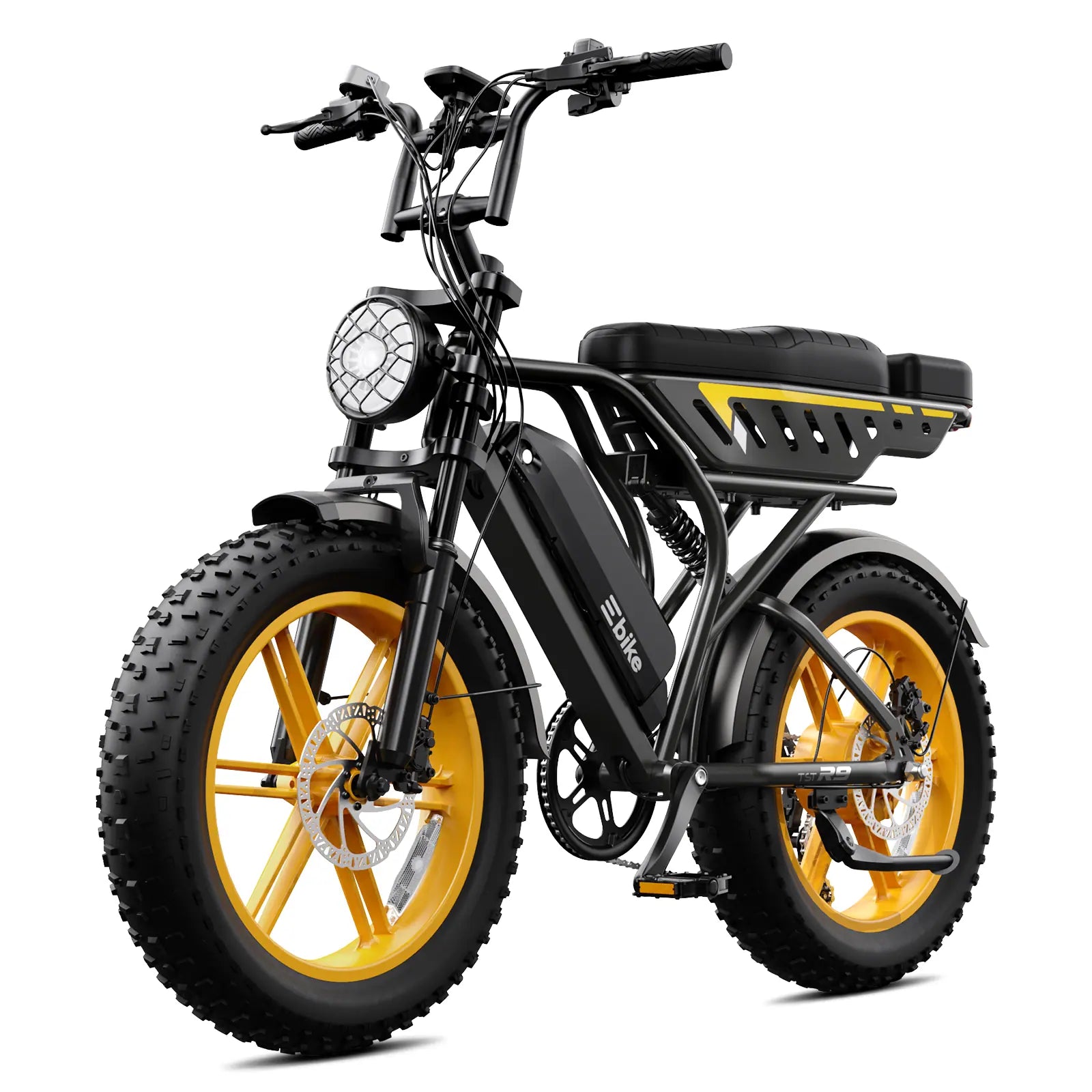
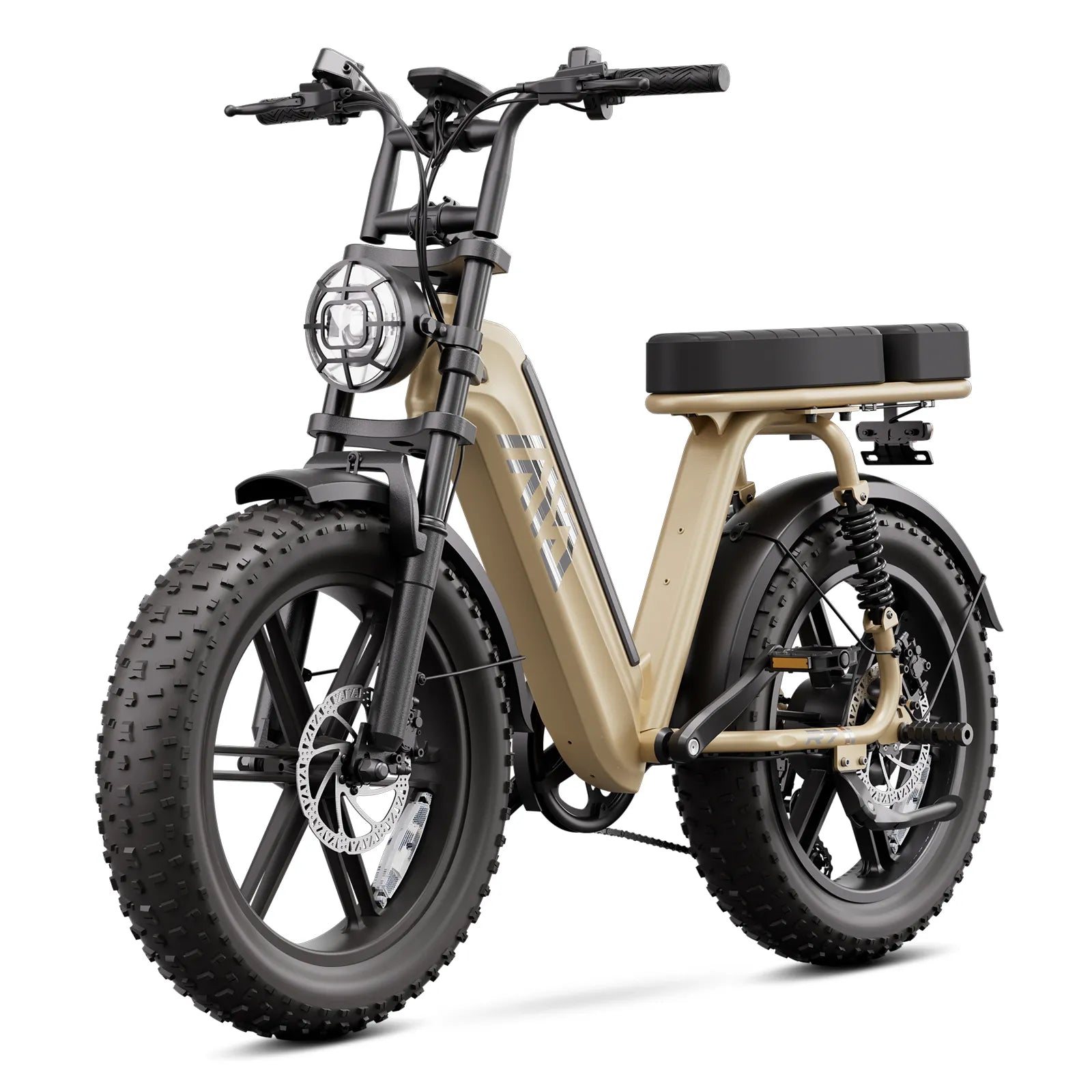
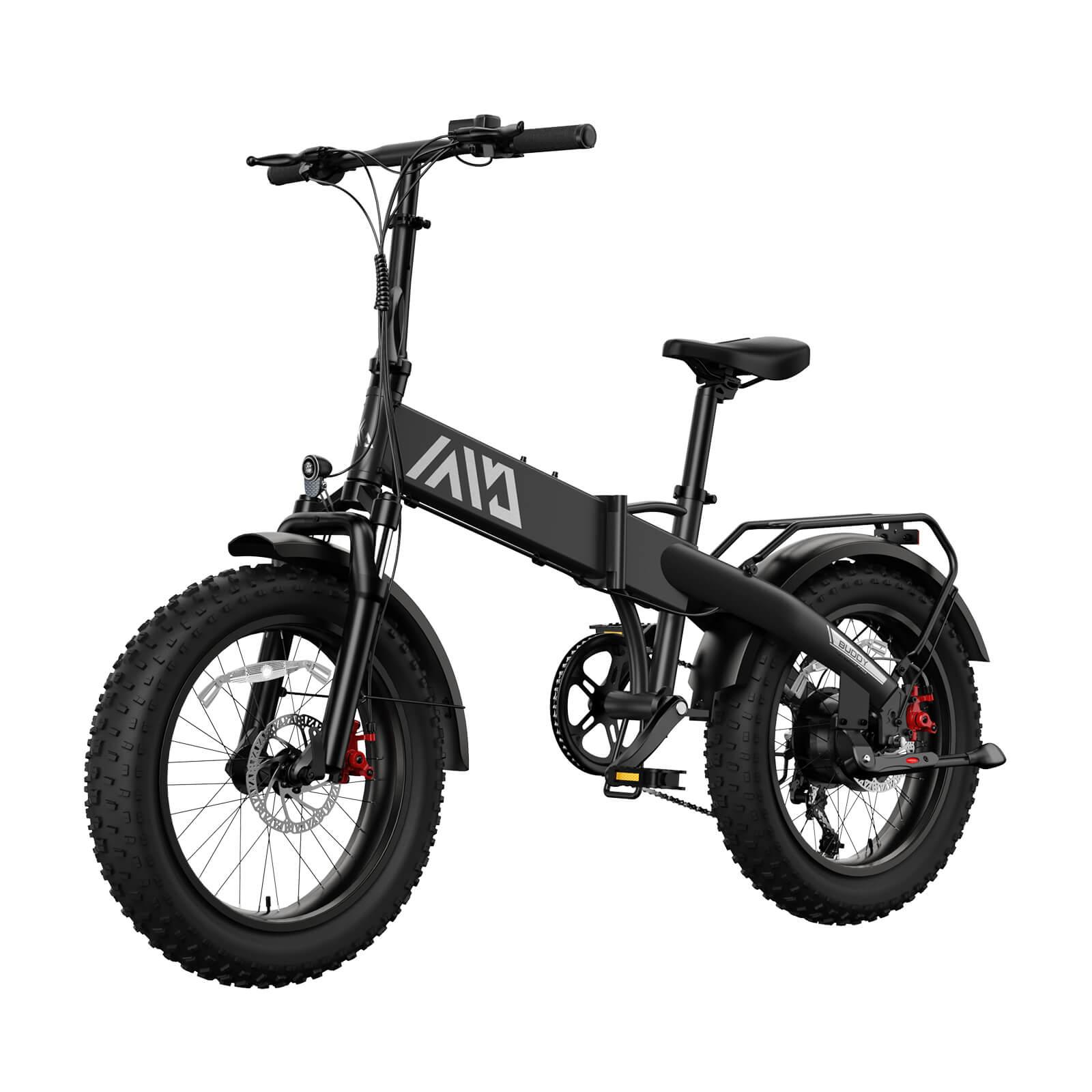

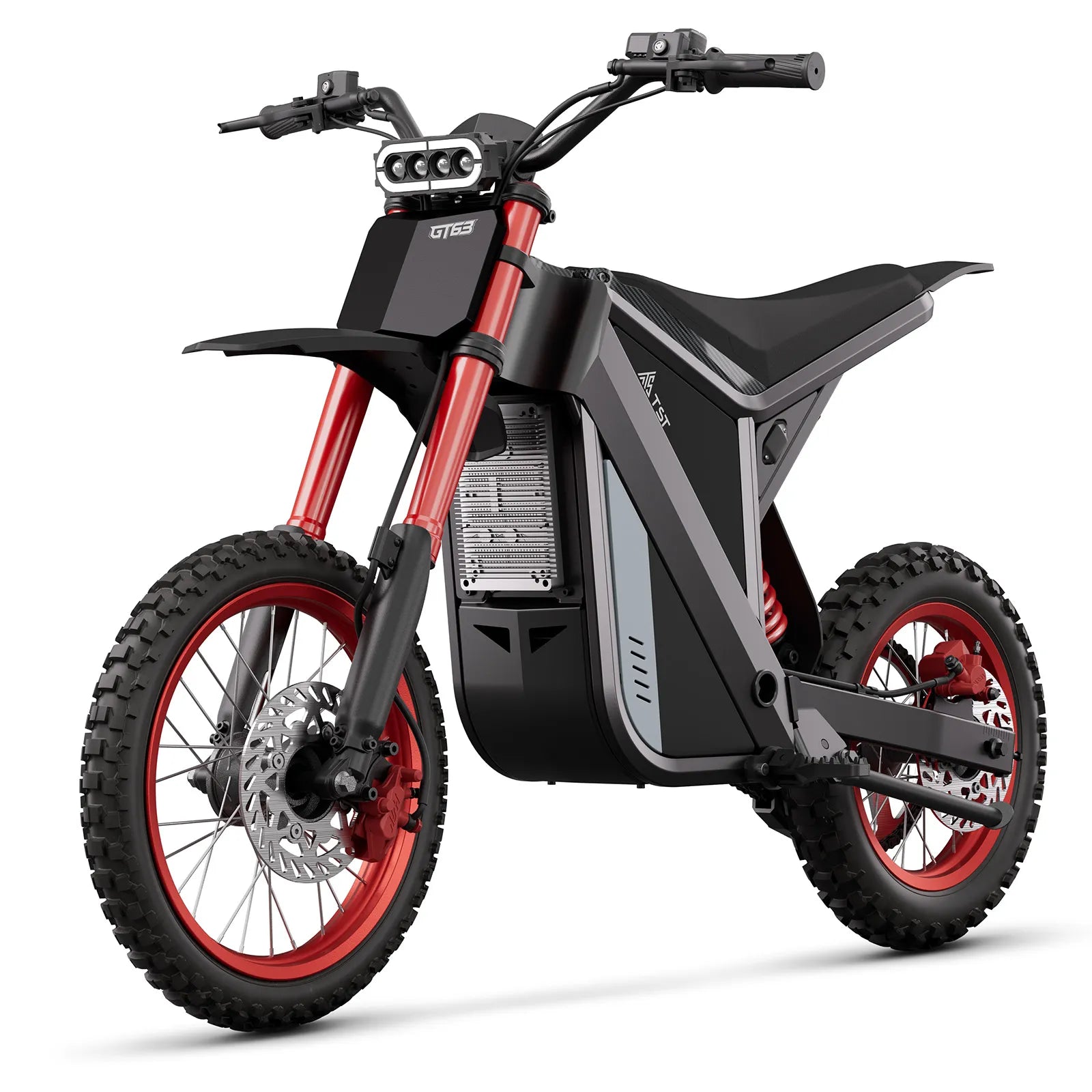
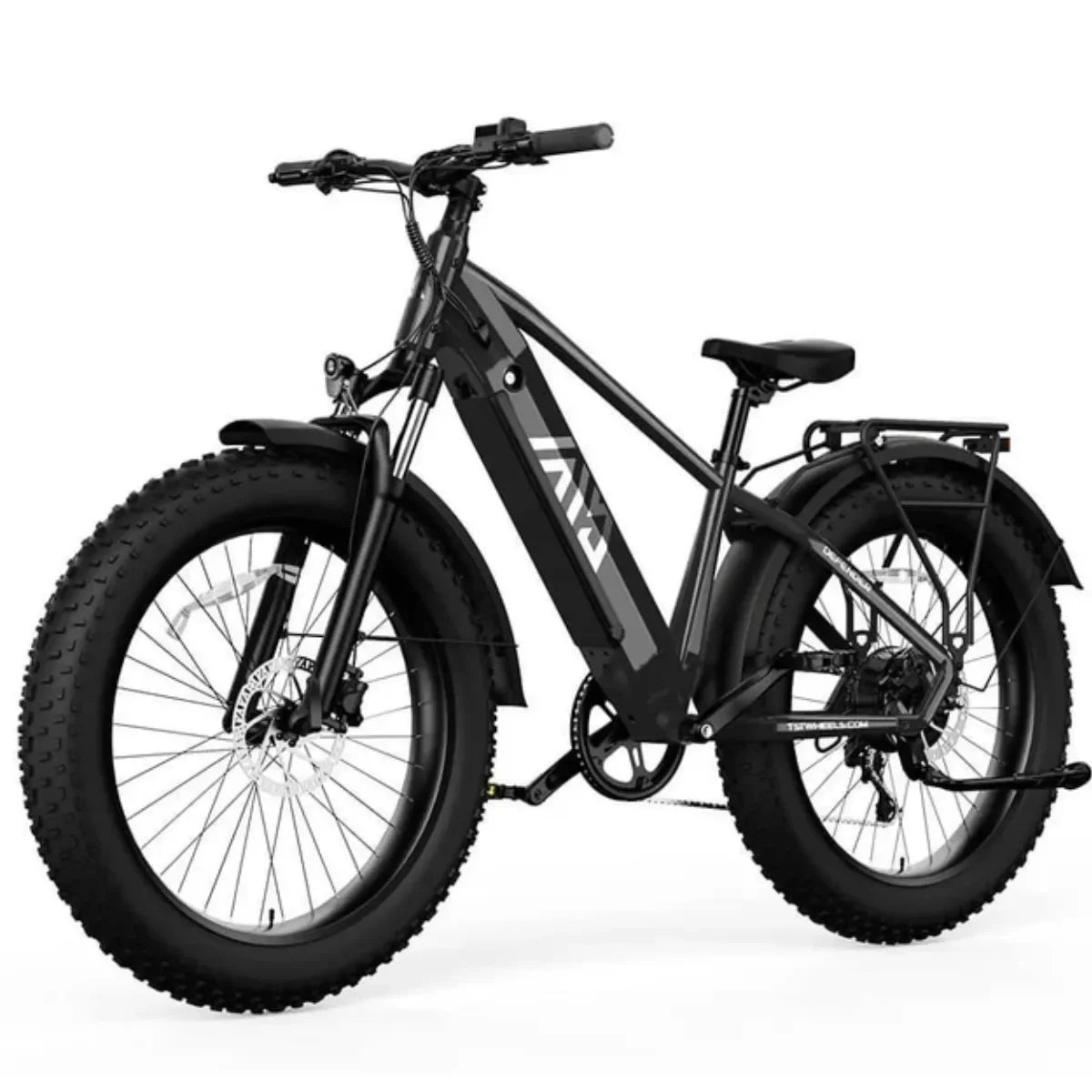
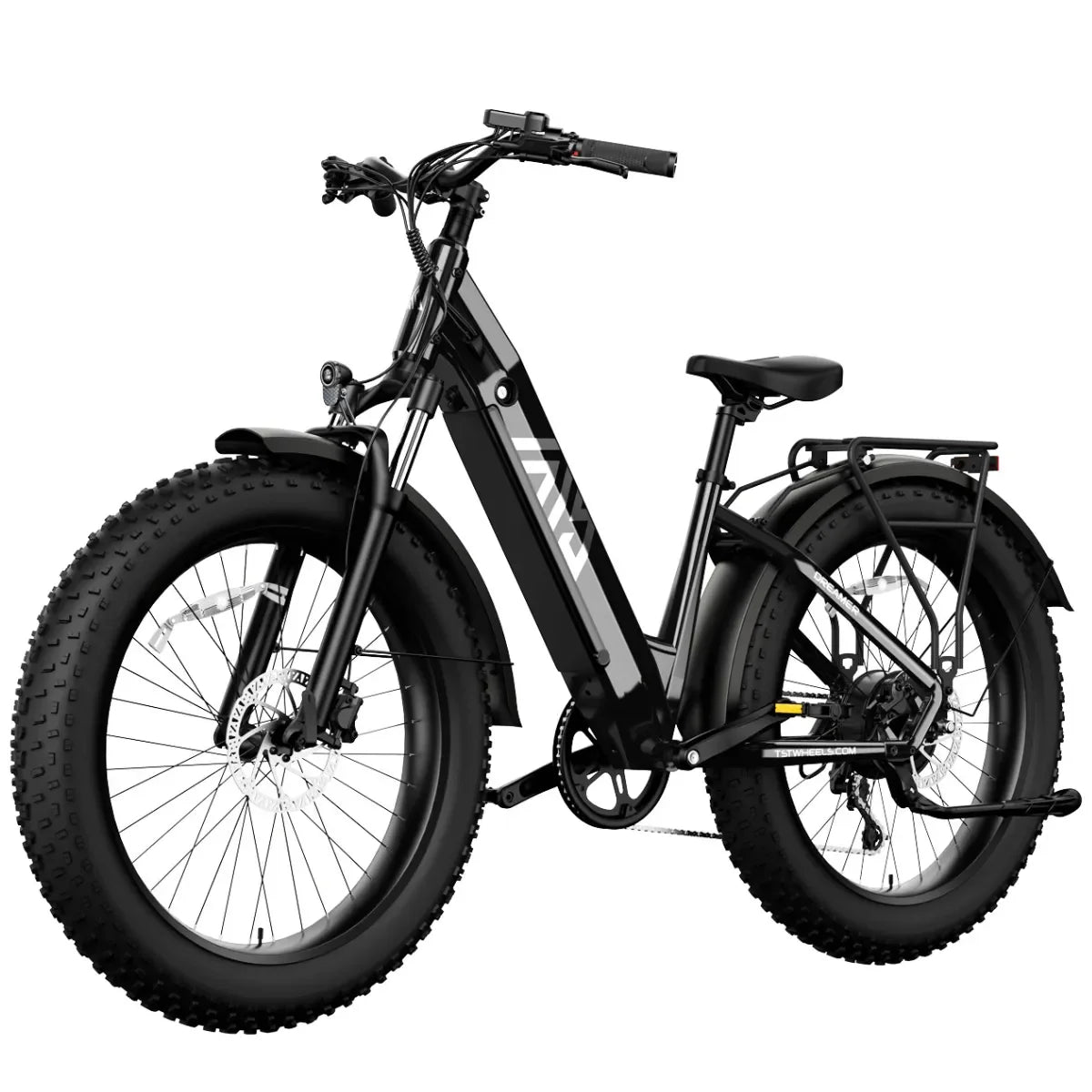
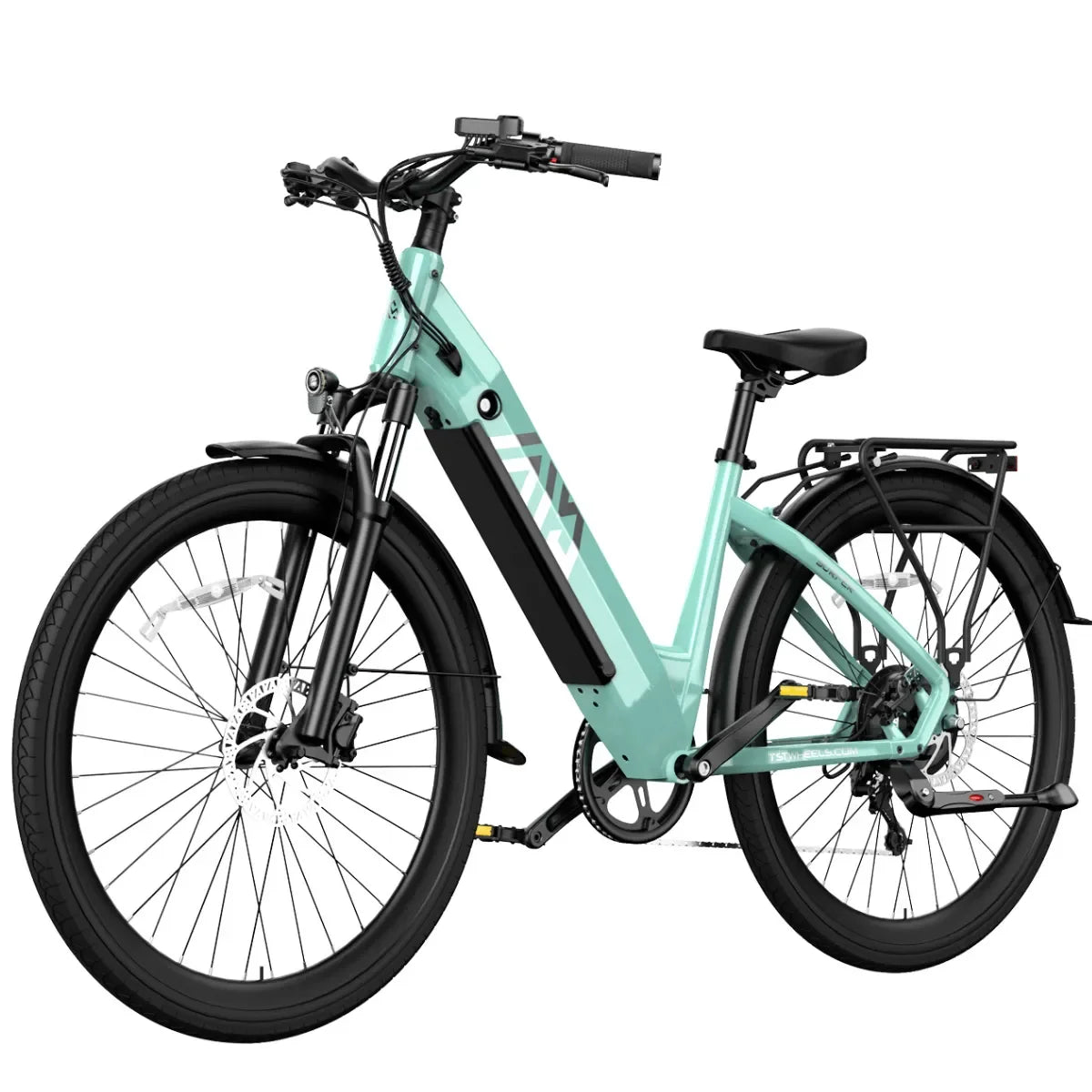
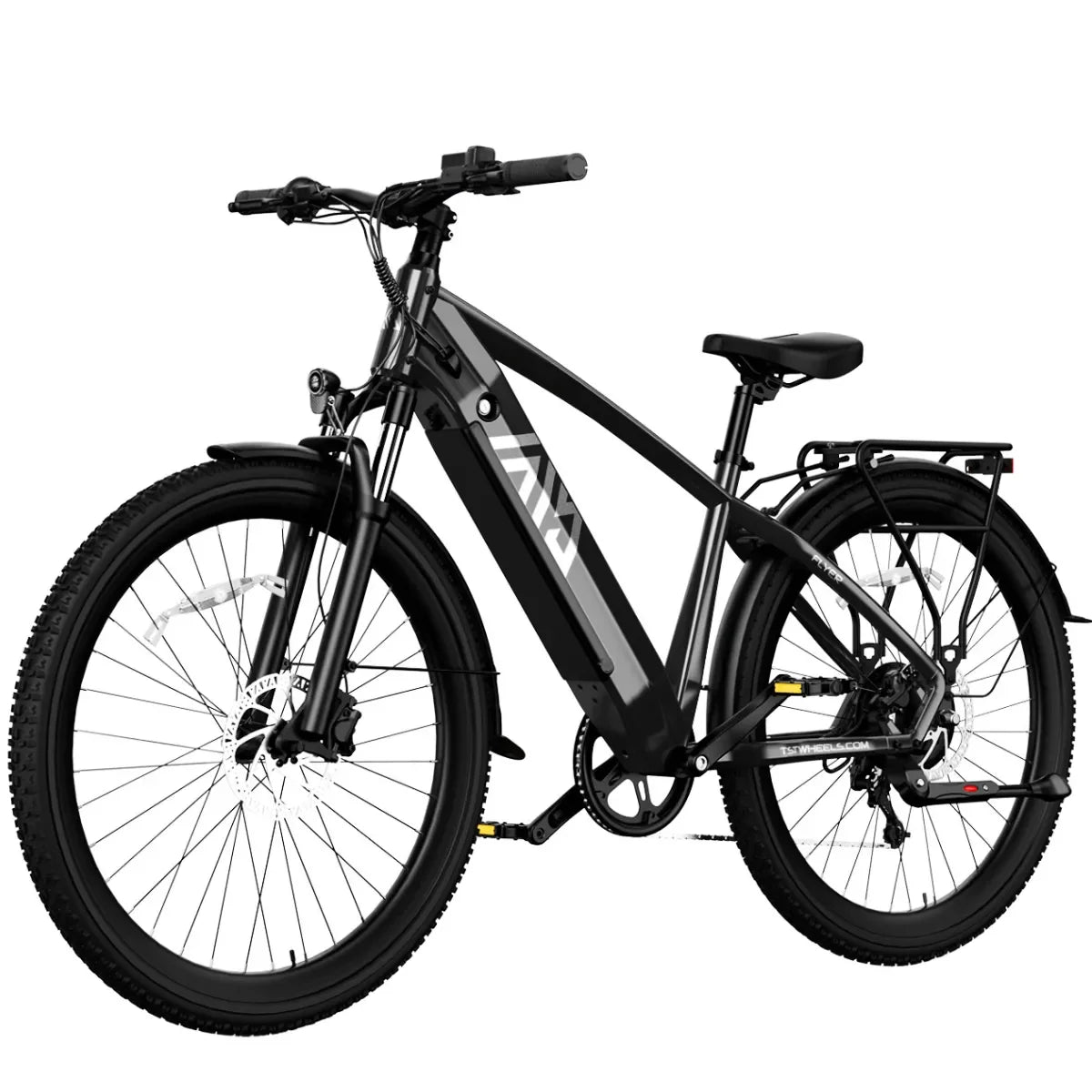
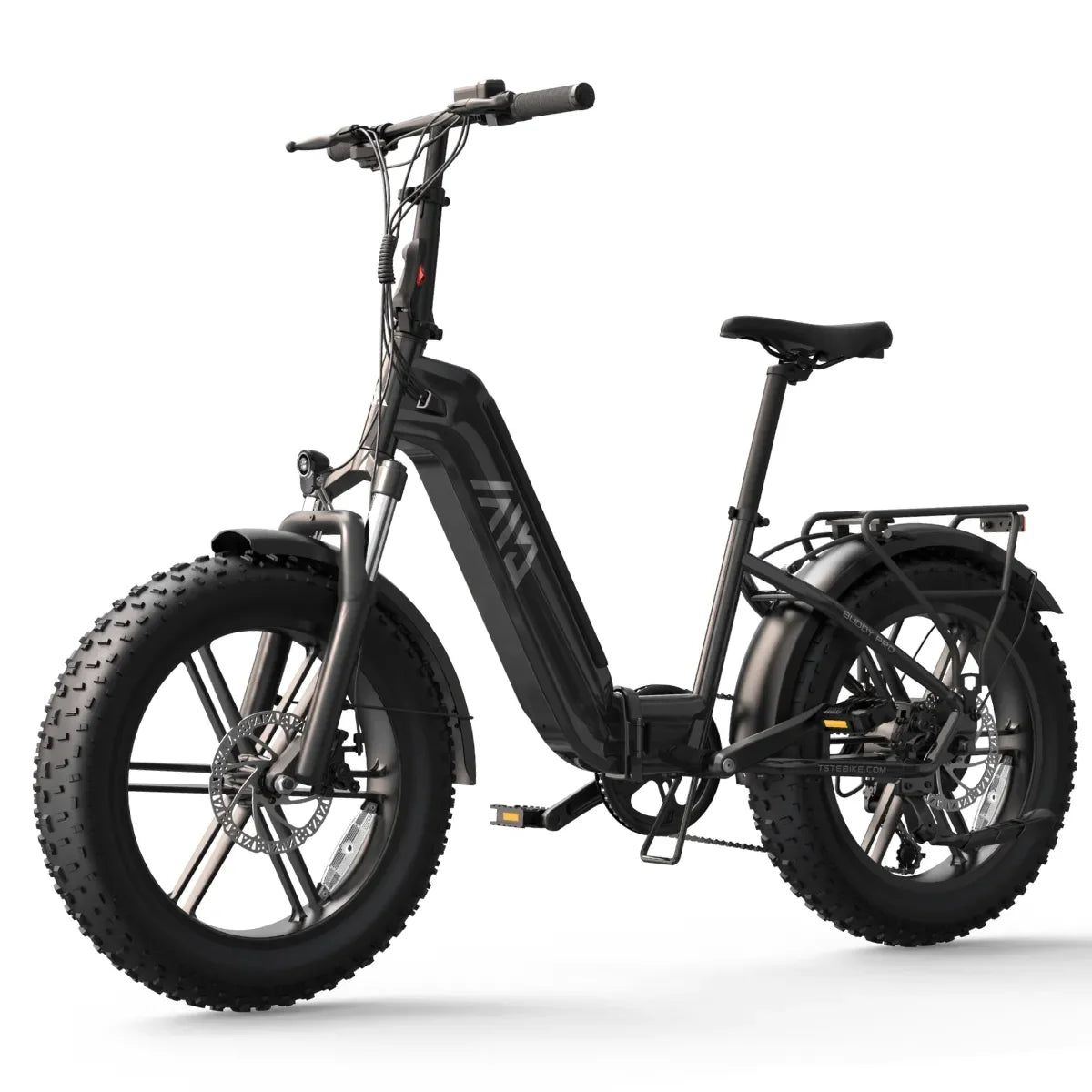
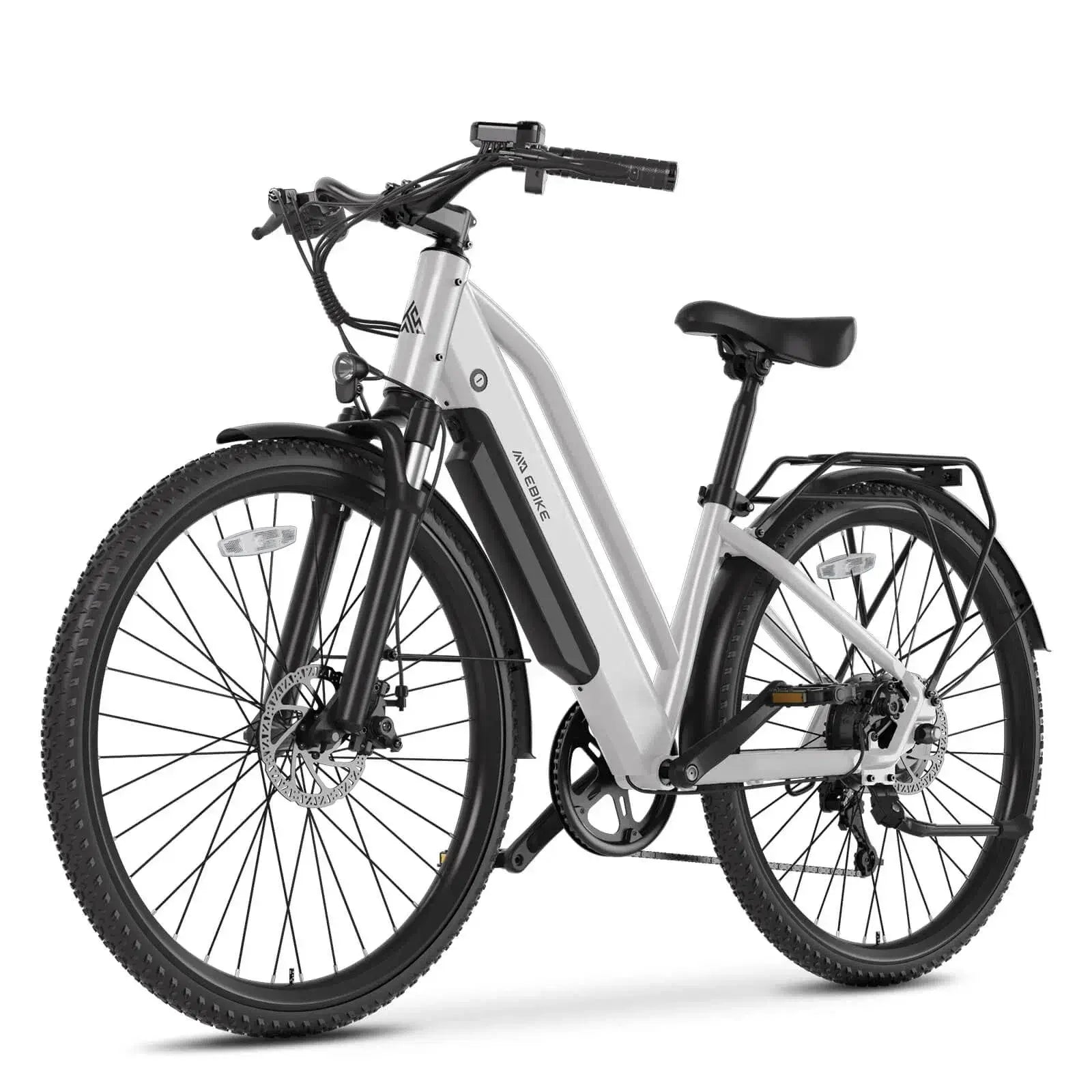

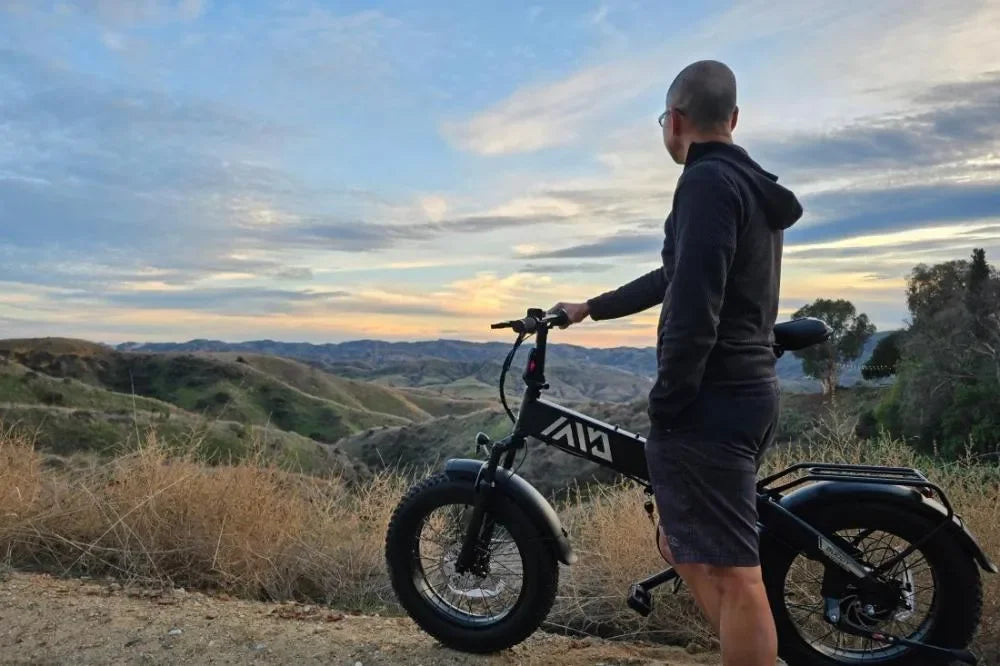
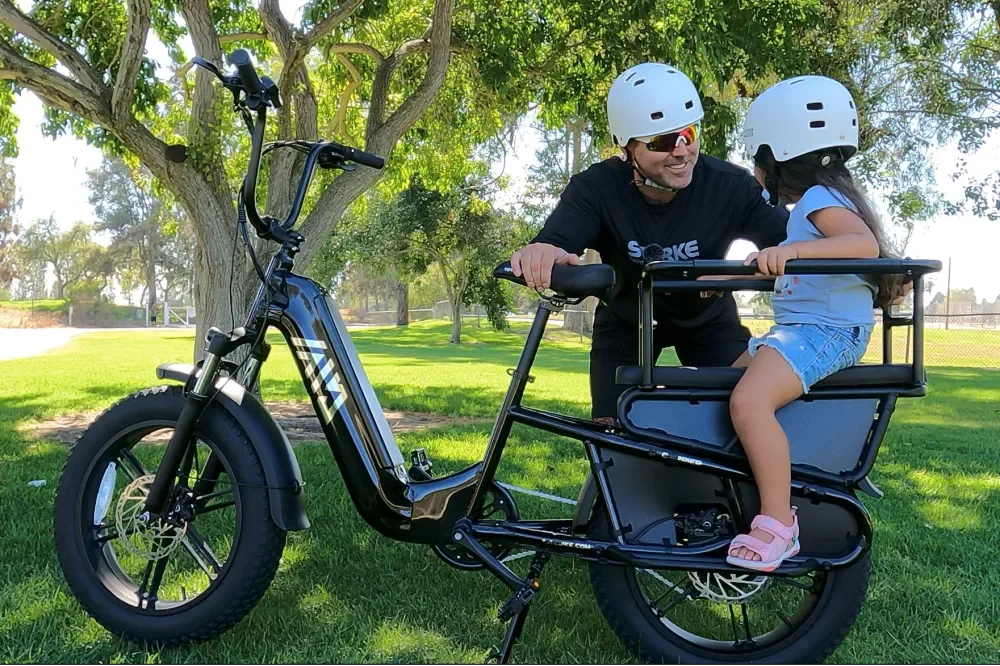


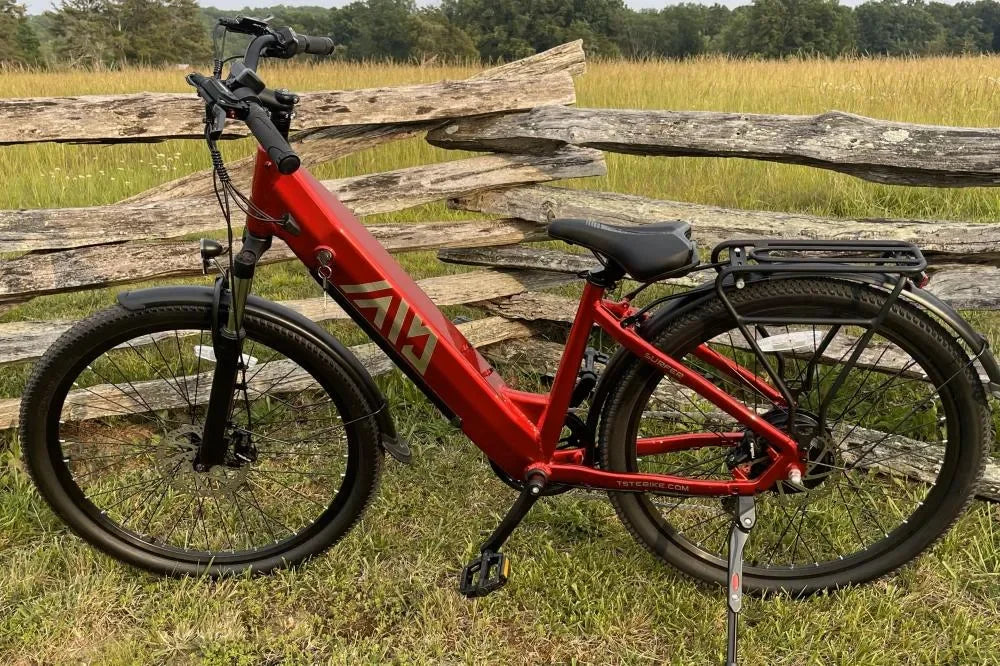
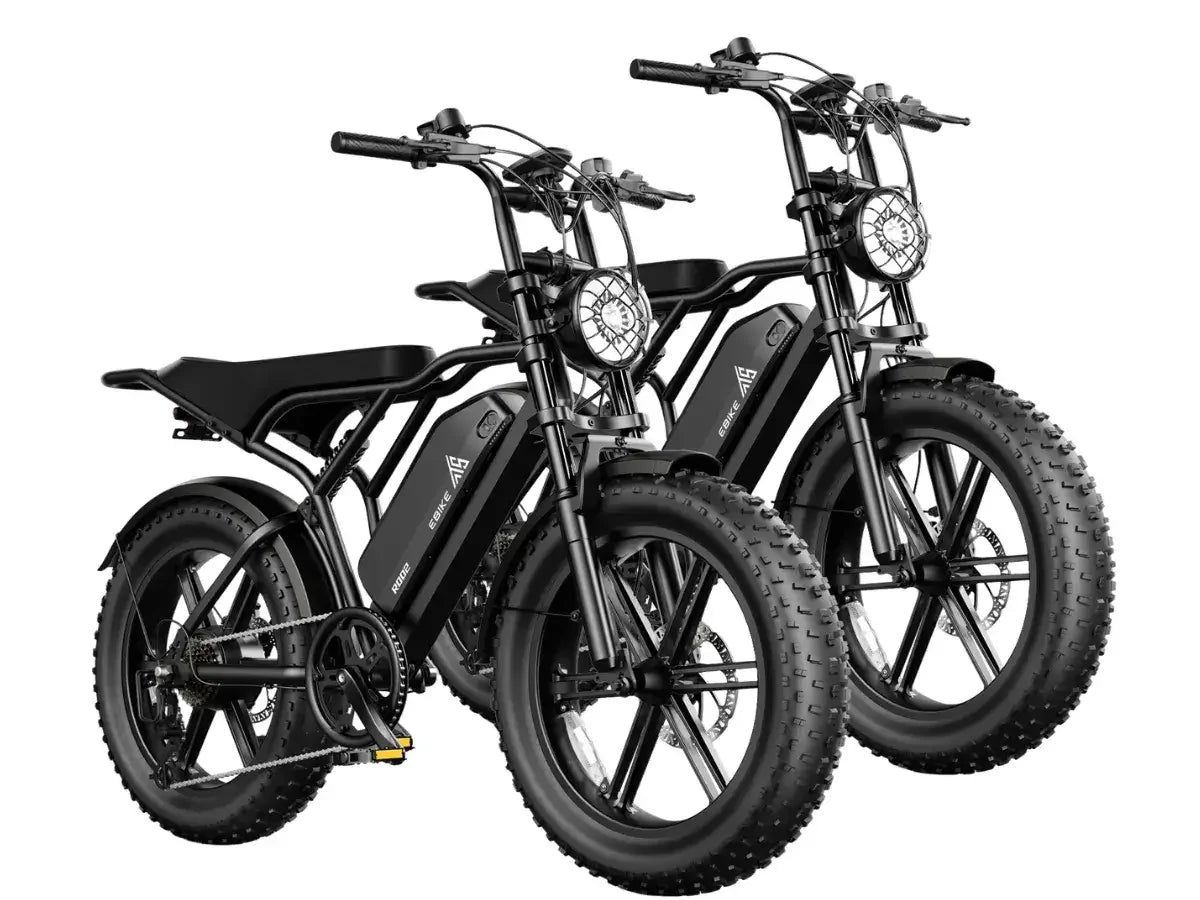
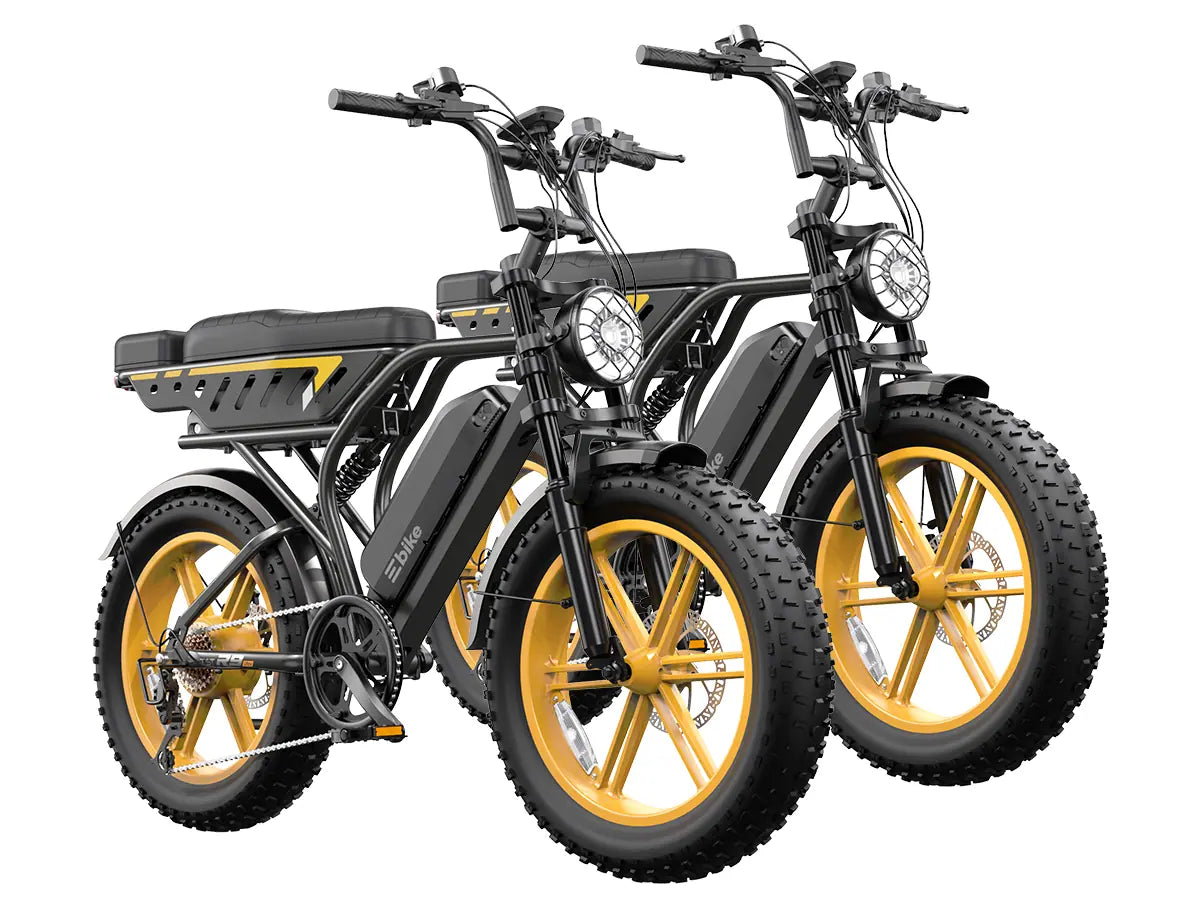
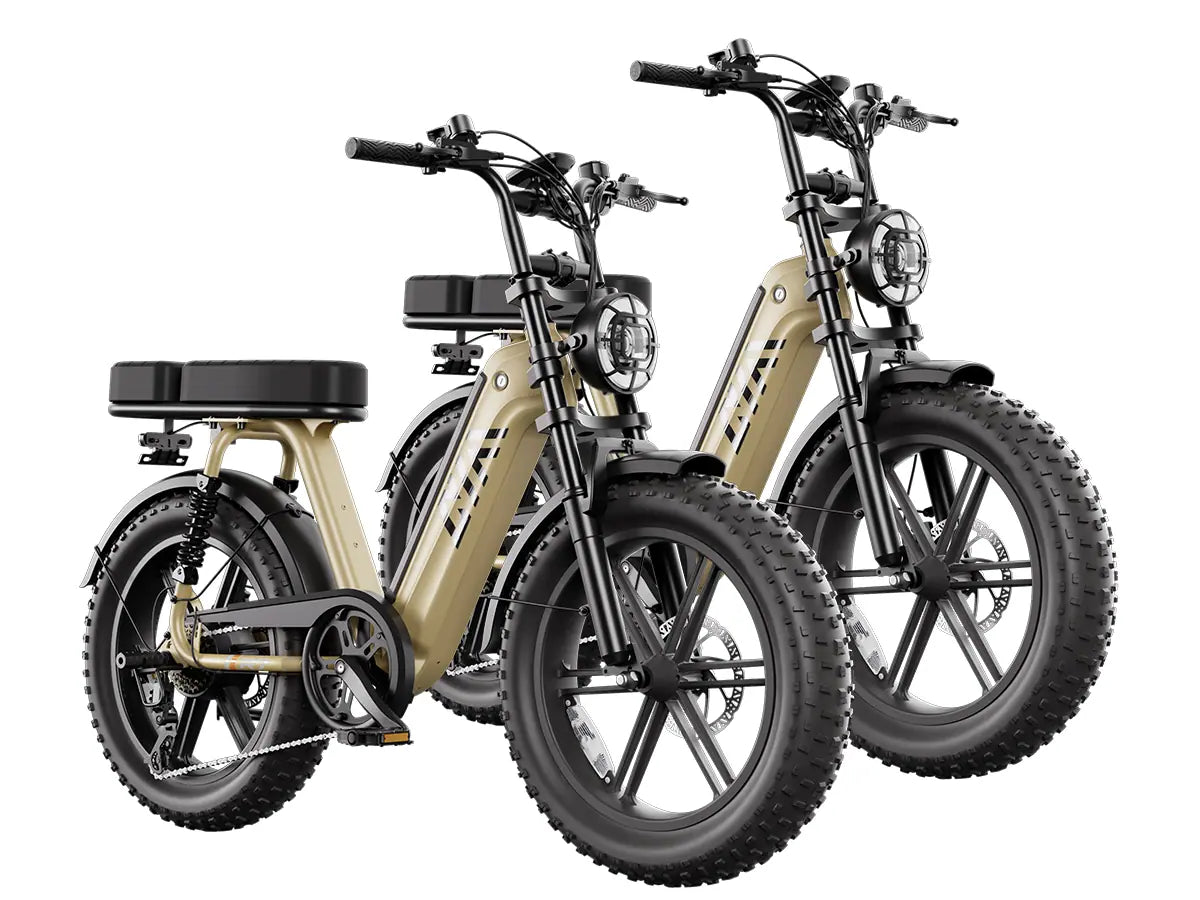
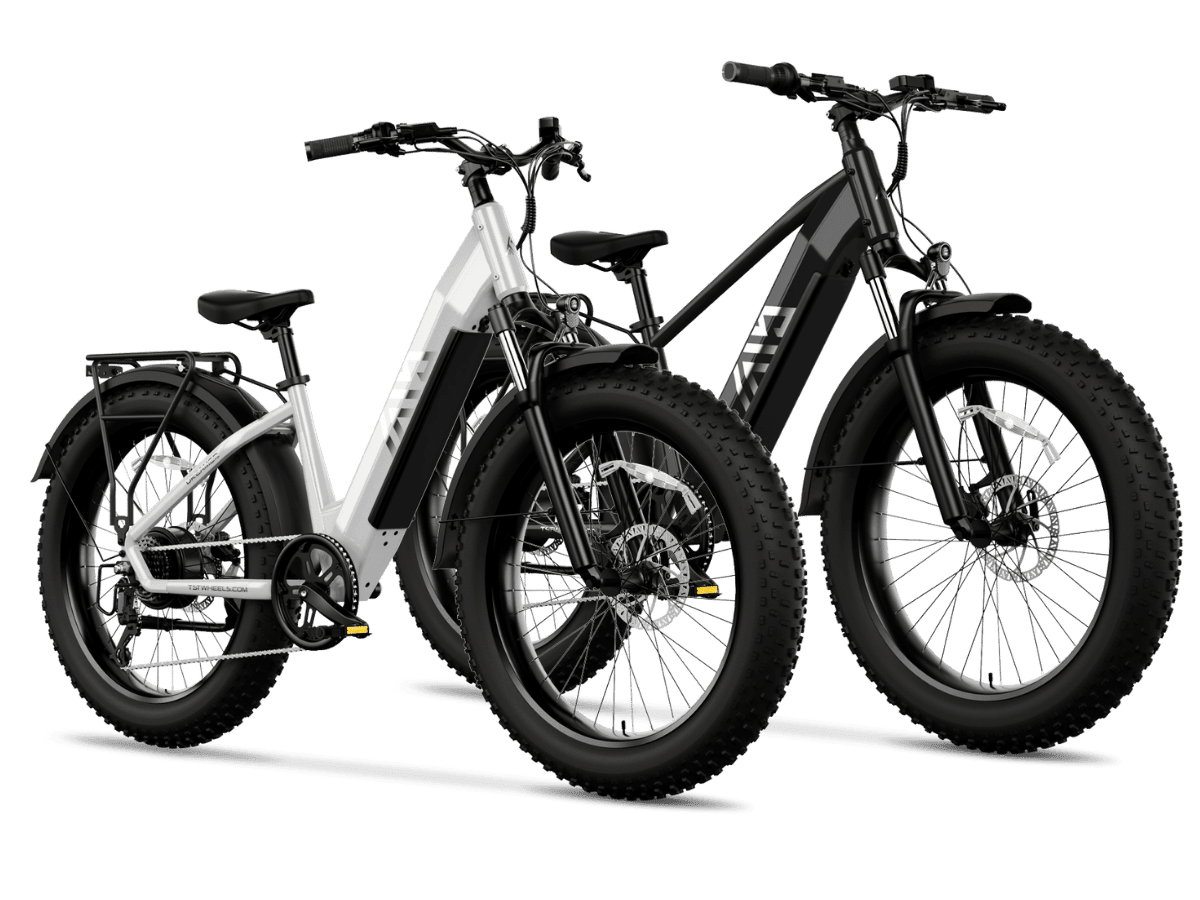
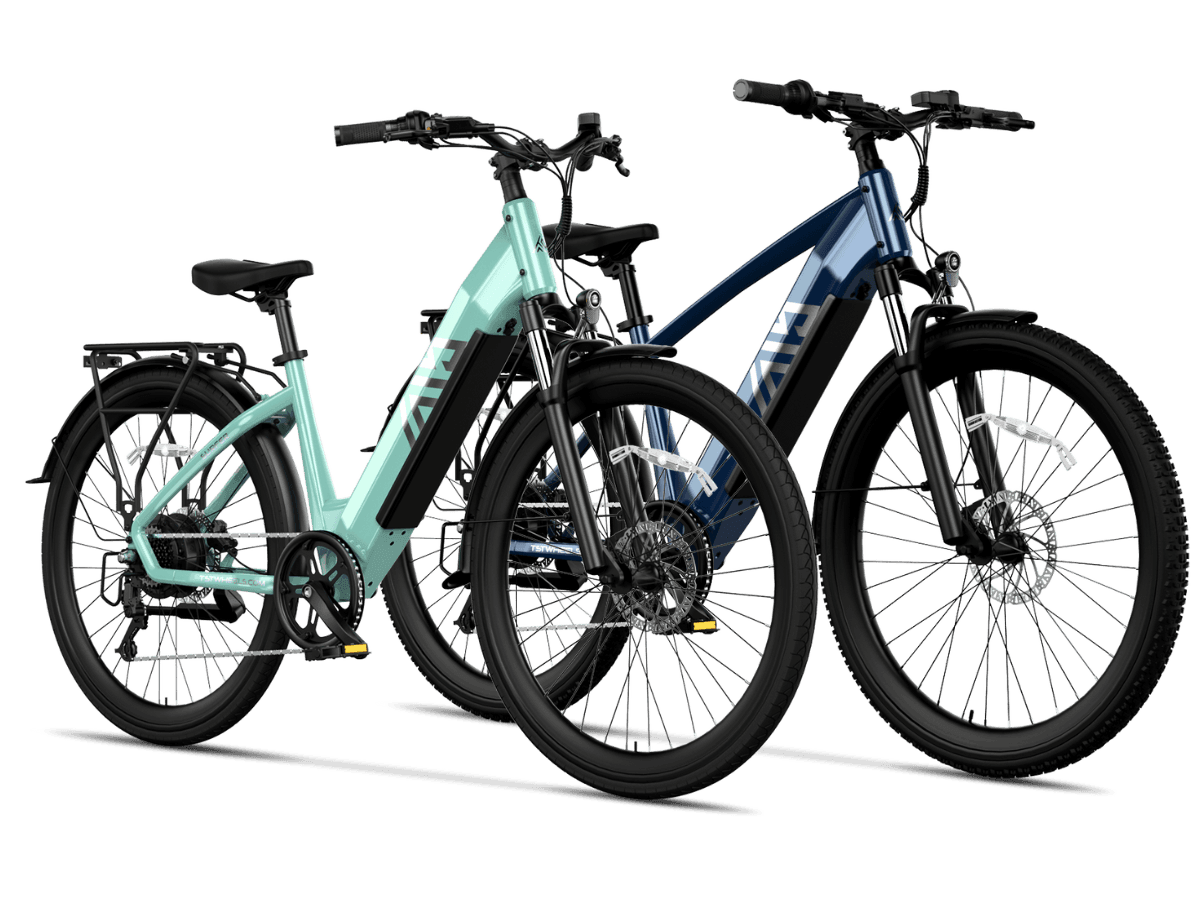
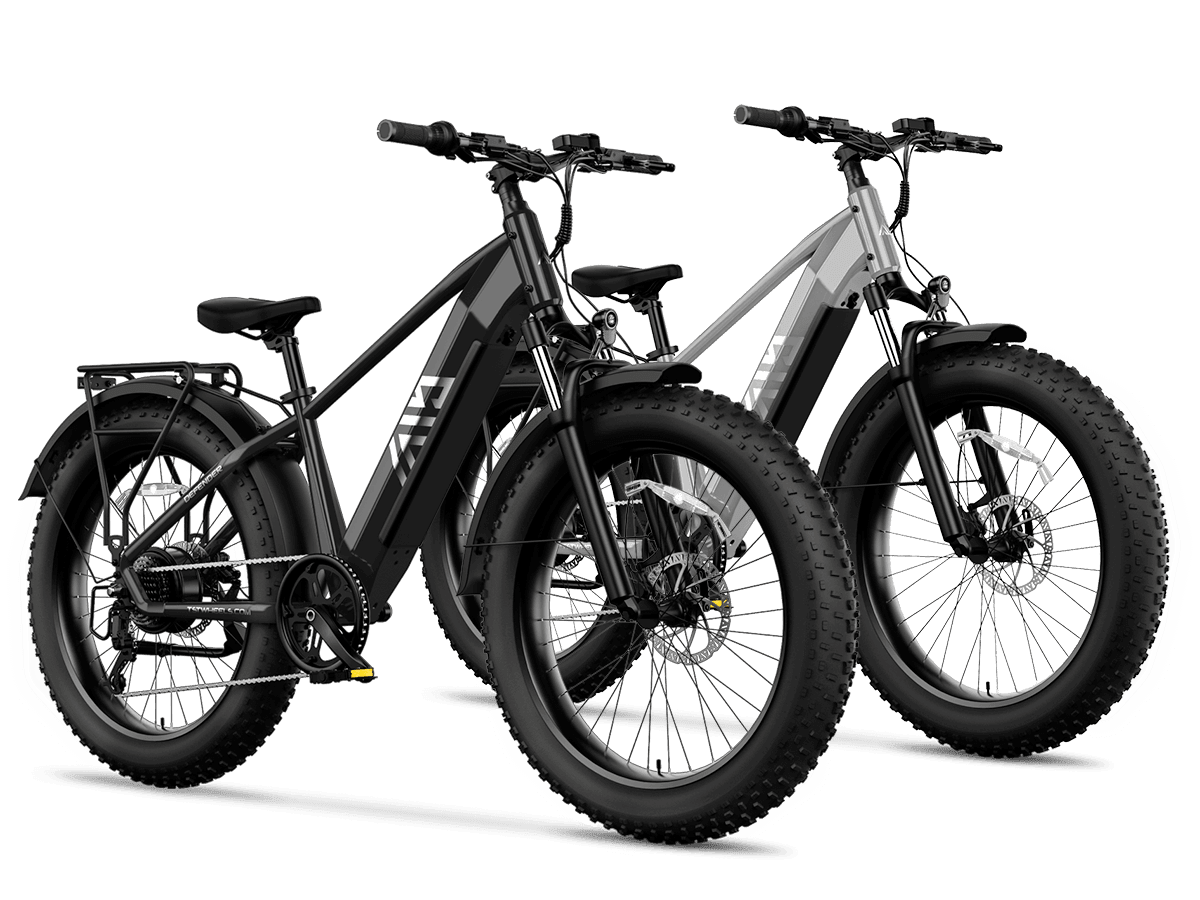
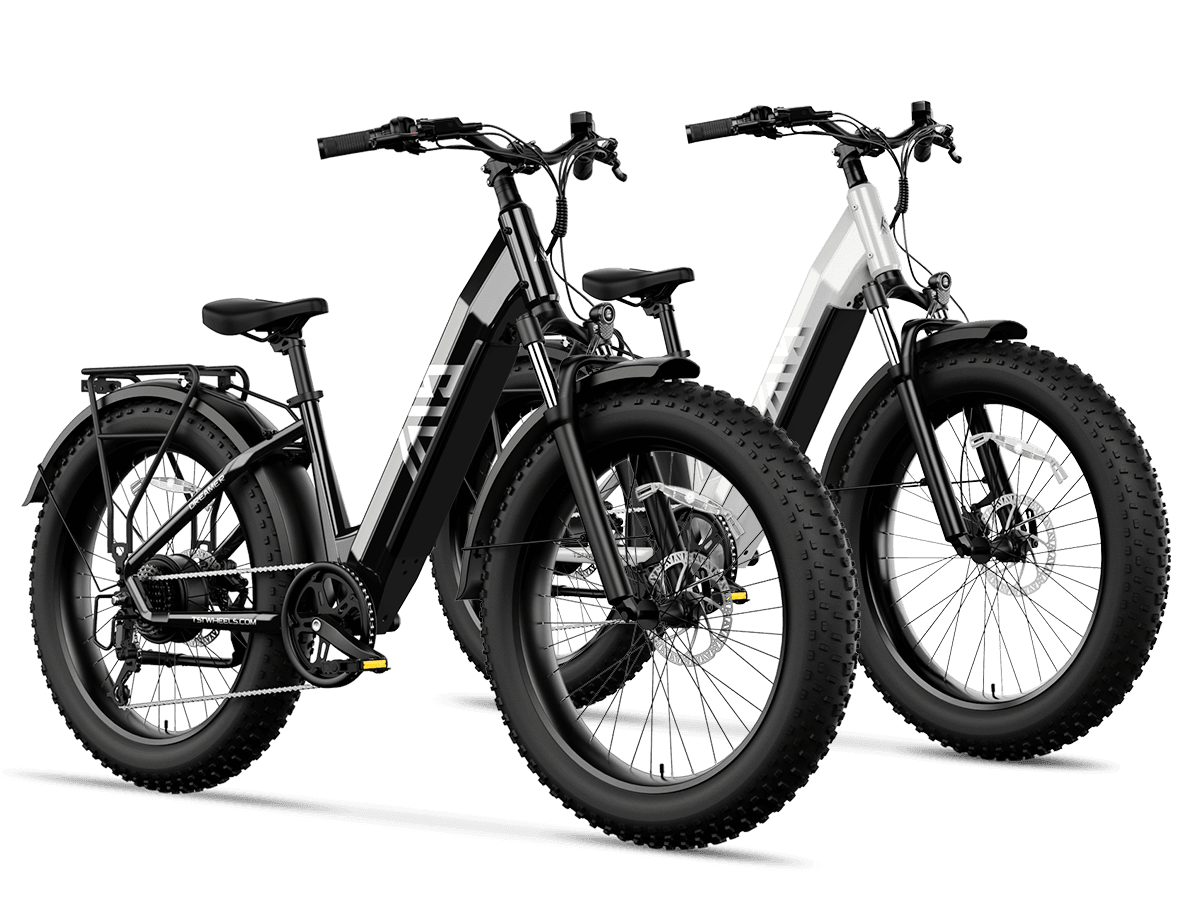
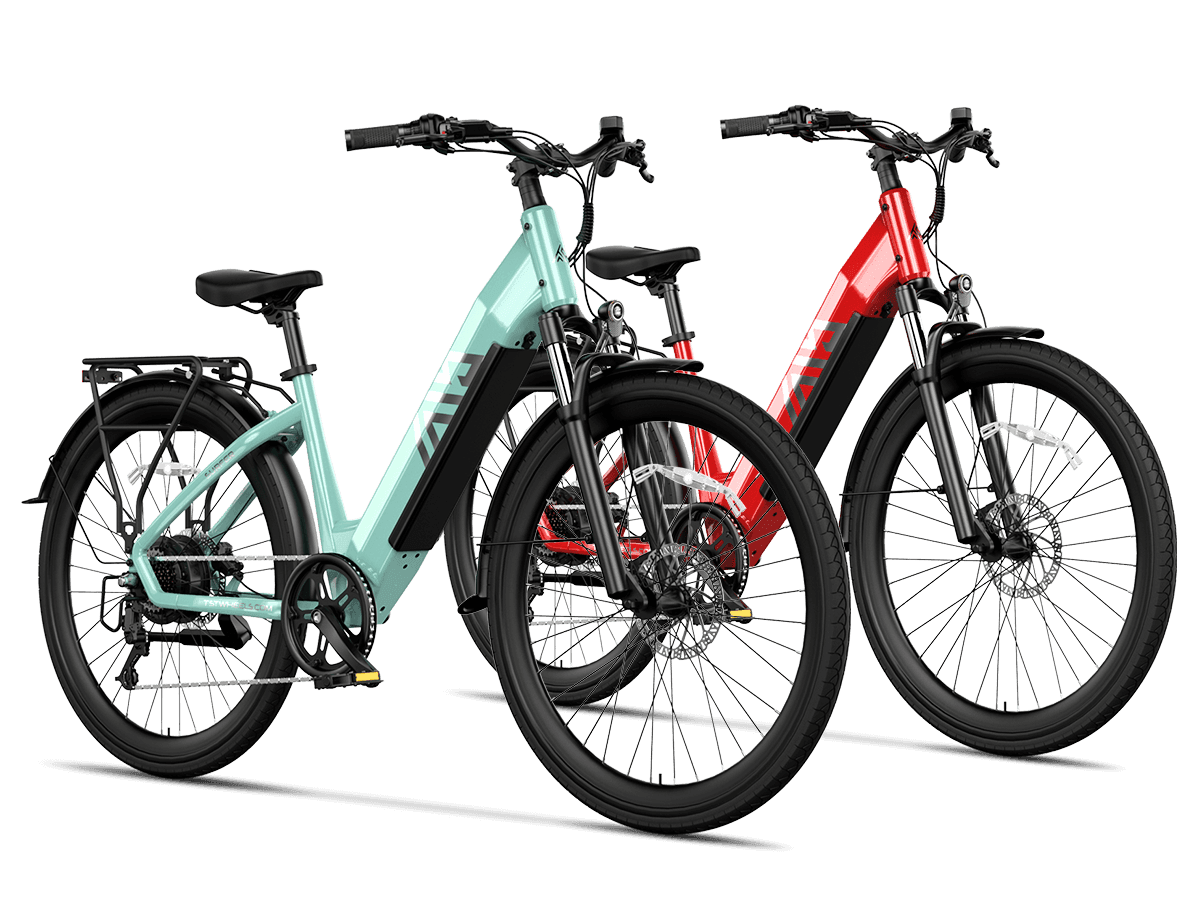
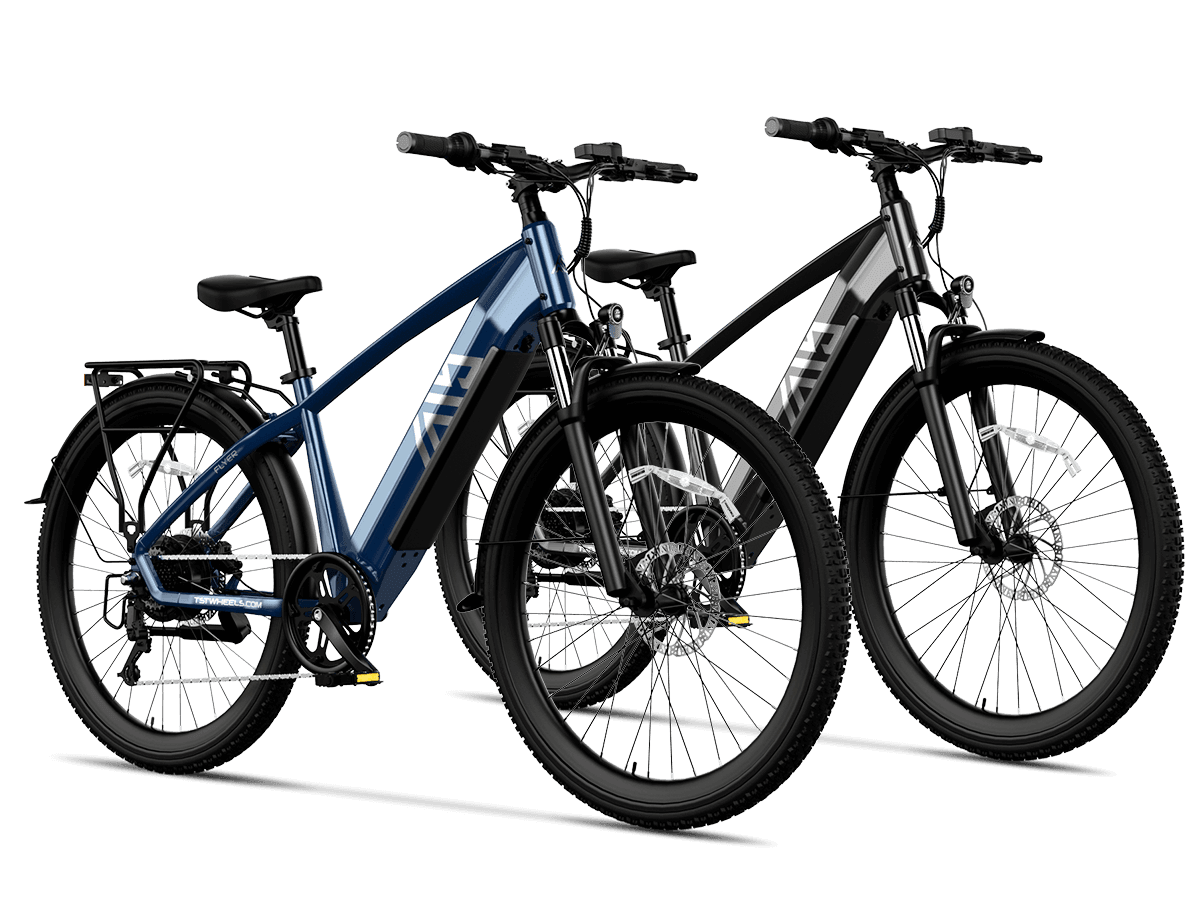
Leave a comment
This site is protected by hCaptcha and the hCaptcha Privacy Policy and Terms of Service apply.